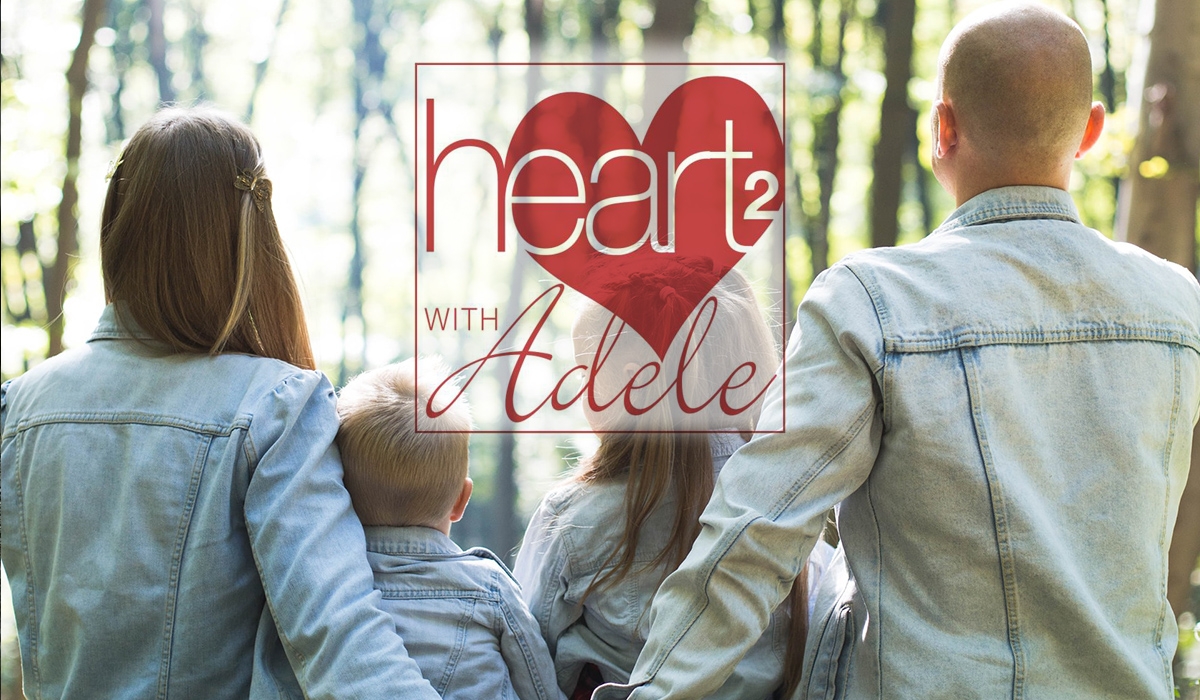
How to talk to young children about Covid-19
QUESTION:
Dear Adele,
We have two children ages four and six. We have always thought we were decent communicators and able to talk to our children about almost anything. We need to talk to them about the coronavirus and issues related to it but surprisingly find ourselves feeling a bit inept with such a serious topic. Can you give us some guidance please?
Feeling Inept
ANSWER:
Dear Feeling Inept,
Communication is a fine art. It is challenging at many times in life depending on the players. It warrants a lesson when communicating about a difficult topic with young children. Whether you are dealing with the coronavirus, the death of a grandmother, or a pending marital separation, emotionally serious subjects require special skill on the part of the adults. Let me try to help you.
Find a time when the family can meet with no distractions. There should be no TV, no phones, no devices, and no toys to rob the children’s attention. Choose a time when the children are free, rested and choose a place where everyone can be comfortable and fairly close together, preferably in a circle, possibly on the floor.
Use a calm, gentle, voice that is low and slow. Choose words that the children are familiar with. Explain what is happening with the virus simply and briefly. It is best not to overload children with too much information but lay the foundation of the topic and allow them to ask questions. Answer their questions as best you can. Feel comfortable saying I do not know. Do not lie to the children because no doubt they will discover the truth later and this could be psychologically damaging.
Encourage open discussion, share your values, use I statements and active listening. Support the ideas of the children. Ask them what they are feeling about the virus pandemic, the worst part of it, and the scariest part. Ask them if they’ve ever felt this way before.
Reassure your children that our leaders are doing a good job in trying to keep everyone healthy. Let them know “medicine” is on the way. Talk about masks, handwashing and social distancing succinctly and then let the children pose more questions. Offer them comfort, support and ensure they know that you will do everything possible to keep them safe.
Try to end on a happy note. Round the meeting off with a healthy dose of ‘I love you’ and hugs. A round or two singing ‘If you’re happy and you know it”, would be fun changing the words from ‘clap your hands’ to ‘wash your hands.’ It could be motivating as well, to pass out some new cool children’s masks decorated with trendy themes.
A few DON’TS for you! Try to avoid minimizing the children’s feelings or ideas. Avoid criticism. Avoid advice giving. Avoid ultimatums. Avoid shoulds. Avoid unclear messages. Avoid untruths.
Keep this session at about 10 to 15 minutes for this age group. It can be repeated as often as needed over time.
You might find it helpful going forward to read the book entitled ‘How to talk so kids will listen and listen so kids will talk’, by Adele Faber and Elaine Mazlish. It is a classic from which every parent might benefit.
Best wishes Feeling Inept with your darling children, in these troubled times. You, I suspect are among the best of parents.
Sincerely, Adele
I'm looking forward to your questions! Email me at maryadeleblair@gmail.com and please put Heart to Heart in the subject line. Note that all columns will remain anonymous.
Photo: John-Mark Smith, Unsplash









